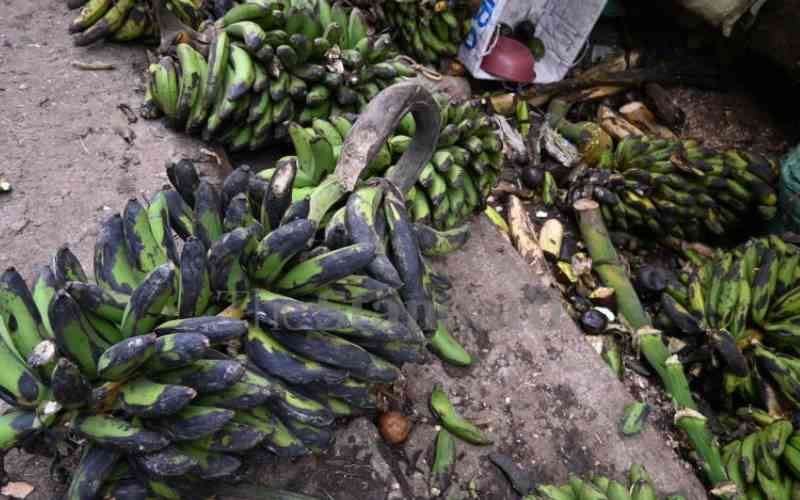×
The Standard e-Paper
Smart Minds Choose Us

Lenders have termed Small and Medium Enterprises (SMEs) in the agricultural sector risky, which explains the low credit advanced to the market segment.
The report, which interviewed 24 lenders, also found that most loans to SMEs in the country are borrowed by the informal value chain part of the agricultural sector.